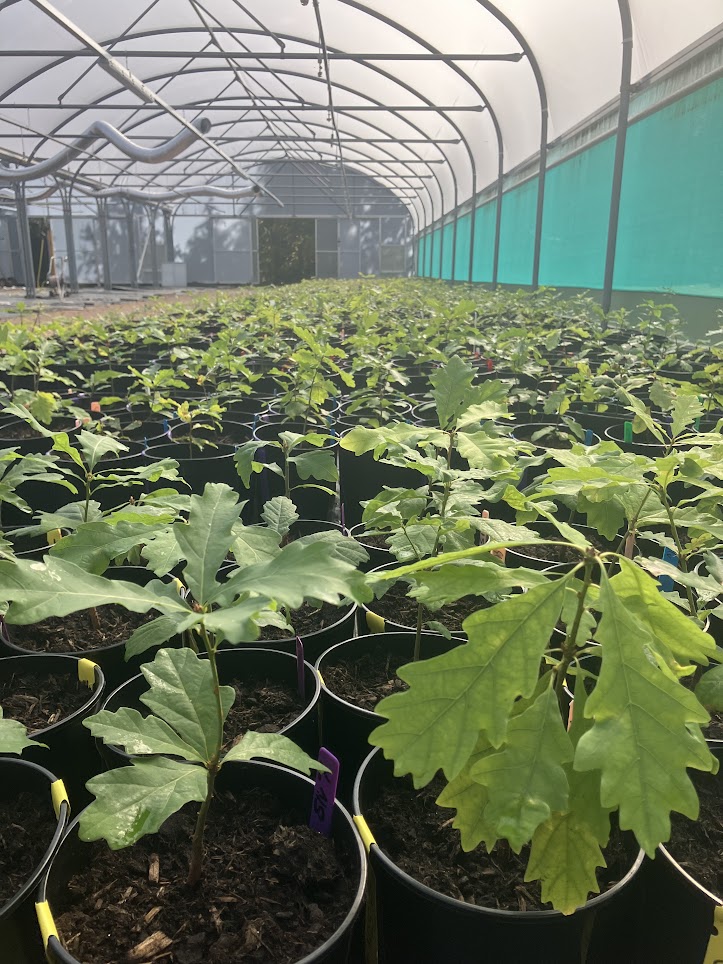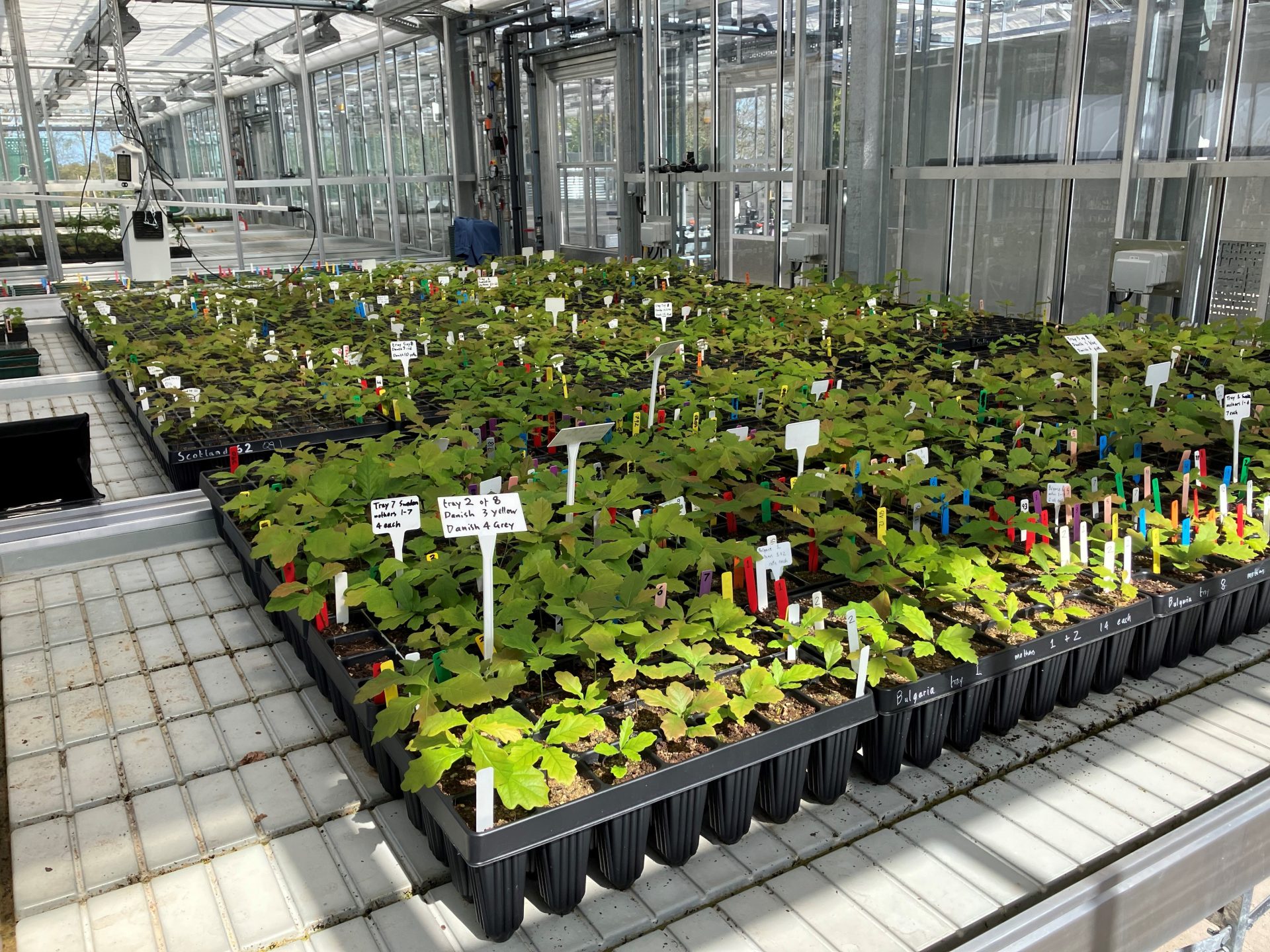Summary
Overview
This project aims to establish a coherent network of Research Forests in England, to provide a permanent testing-ground for a strategic series of planned experiments and demonstrations. This will generate essential data to inform silvicultural practices and to advise on the sourcing of planting material.
Secondly, this project aims to establish a series of new species/spacing trials to provide essential data for future development of the yield and carbon models.
To find out more about one of the work packages exploring Genetic Conservation Units, please see here.
This project is part of the Nature for Climate Fund.

Research Objectives
Whittet et al. (2022) categorised five essential classes of experiment as a framework in which to consider the critical questions currently faced by many forest managers and policy-makers.
- Long-term common garden experiments.
- Seed-source comparison / genetic gain trials.
- Medium-term, multi-species ‘adaptive niche breadth’ trials.
- Operational-scale mixture trials.
- Short-term manipulative seedling experiments.
Our longer-term strategy which extends beyond the lifetime of this project plans to adopt a staged approach to achieving rapid delivery of these types of experiment as part of a highly-ambitious but essential research programme.
Research Questions
The high-priority research questions facing forest / woodland managers and policymakers and the types of trials needed to generate the data needed to address them were assessed by Whittet et al. (2022) as:
- What are the genetic resources characteristics of our native forest species, and how can we understand their drivers of adaptation? Via Long-term common garden experiments we will generate data and evidence to identify site-appropriate material for current and future planting of the key native British species.
- What are the most appropriate sources of material to use when planting non-native species? We will undertake seed-source comparison / genetic gain experiments to inform appropriate provenance choice in terms of productivity and wood properties (i.e. potential timber quality), carbon-capture and resilience. This will also provide evidence of adaptation to British conditions via development of landraces.
- How should we improve and refine the current generic seed-transfer guidelines? Through medium-term multi-species ‘adaptive niche breadth’ trials, we will seek to reveal whether the current GB seed zone system is a true reflection of patterns of local adaptation.
- What are the benefits of growing trees at different spacings? What are the benefits and appropriate combinations of species mixtures? How should we design and manage forests to maximise these? Via longer-term operational scale trials, we will provide evidence to support policy-makers regarding the productivity, resilience and carbon characteristics of a range of modern silvicultural approaches.
- What is the variation in tree responses to extreme events, and how can we identify and select for these to increase resilience? This question is being addressed separately by another NCF project (ETPP-17: Forestry and Woodland Resilience to Drought [FORWaRD]), which will undertake nursery-based short-term manipulative seedling experiments. We will monitor the progress of this project, which will inform our own work.

Latest Update
The project has been progressing well to date.
Funding & Partners
- This project has been funded through the Government's ‘ Nature for Climate Fund’
-
 DEFRA
DEFRA -
Collaborating Partners
-
 Kew
Kew -
 Forestry England
Forestry England
